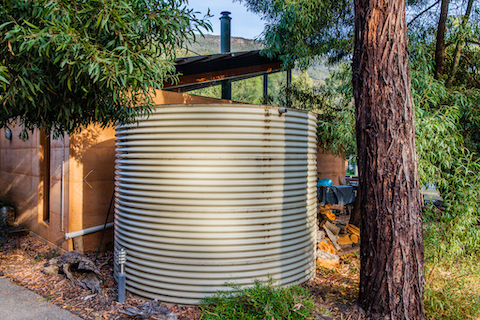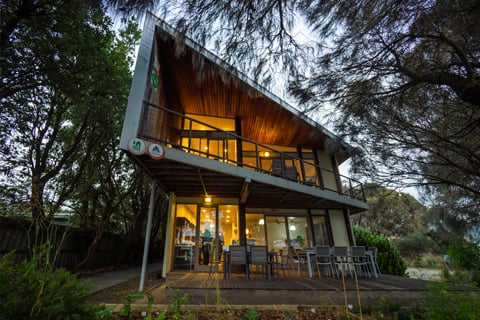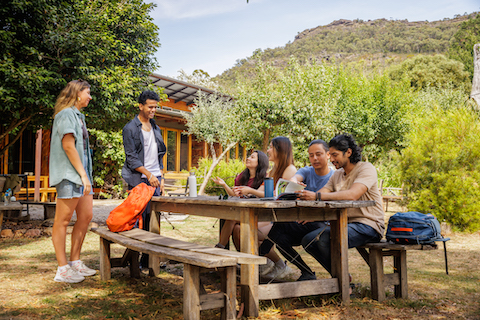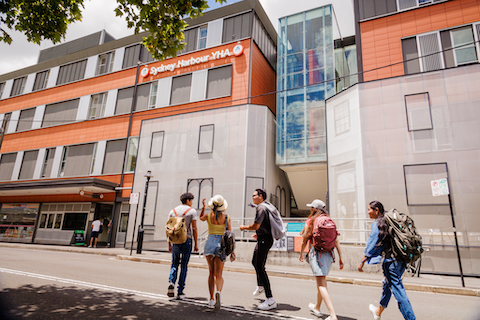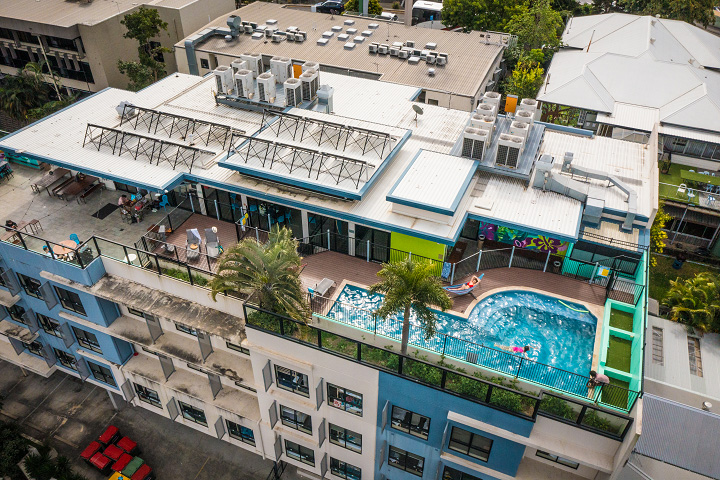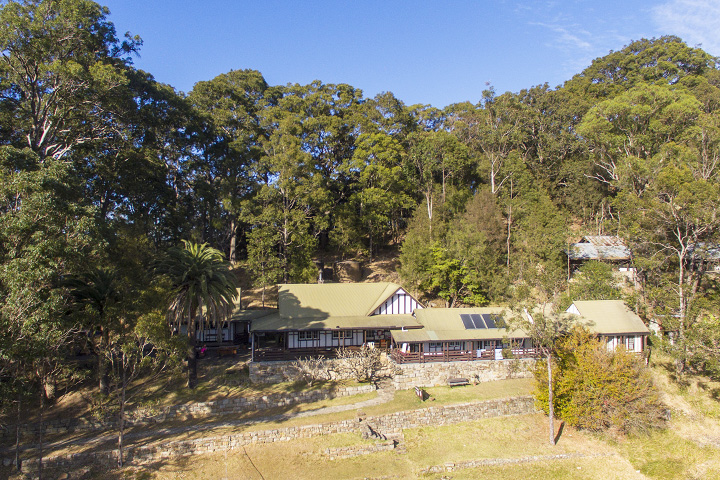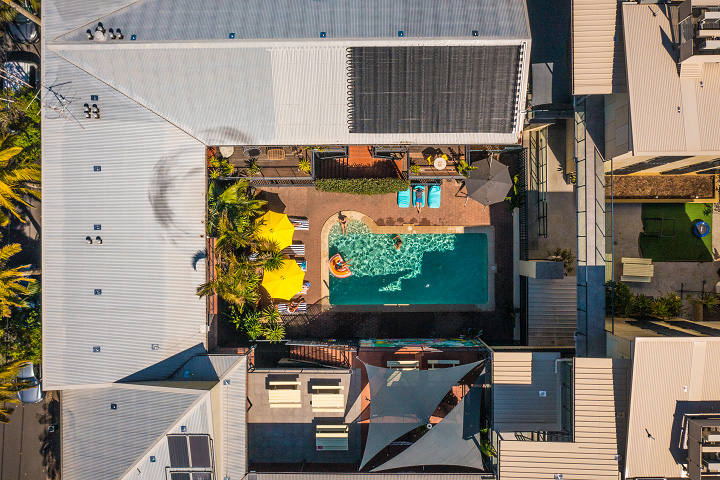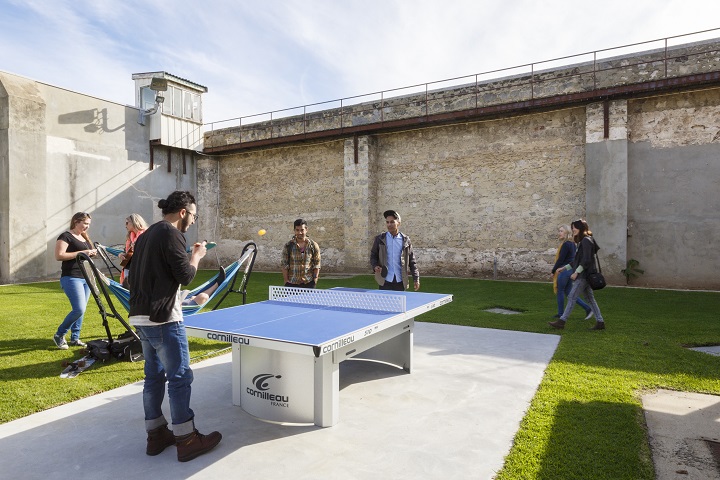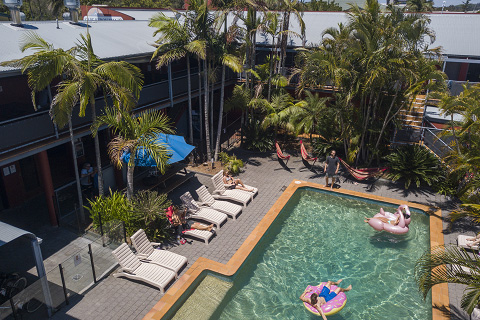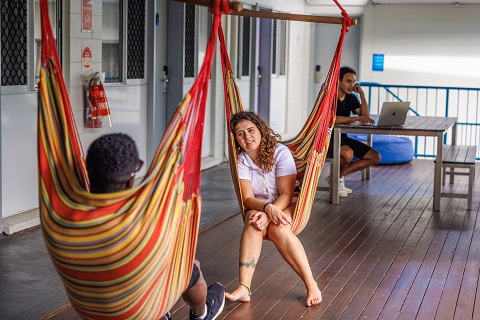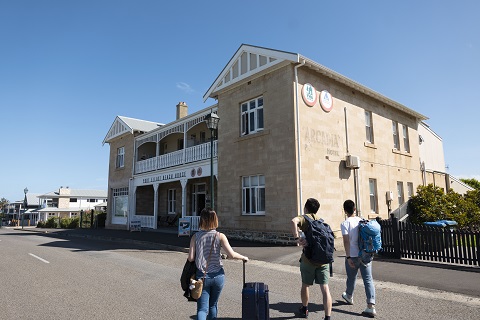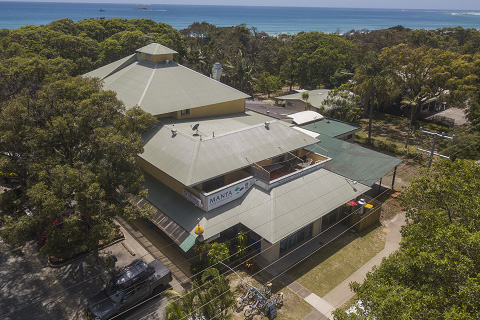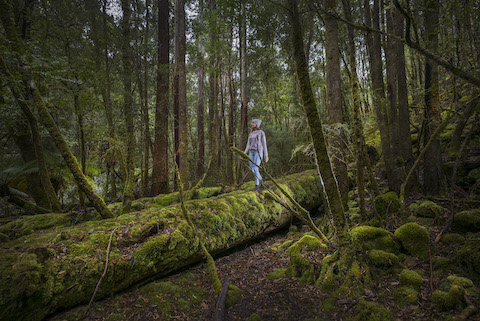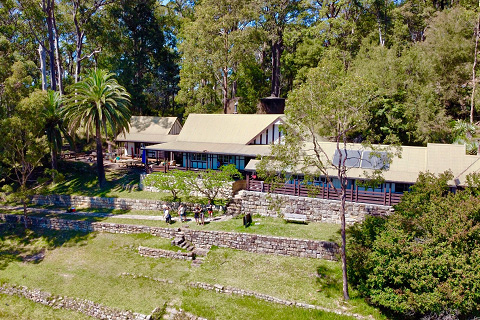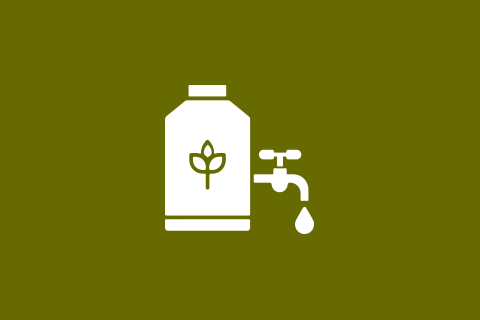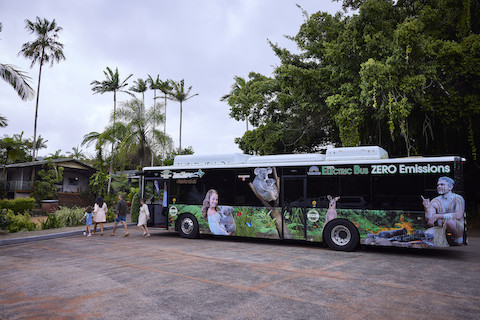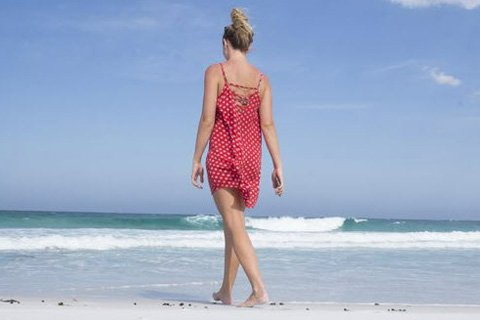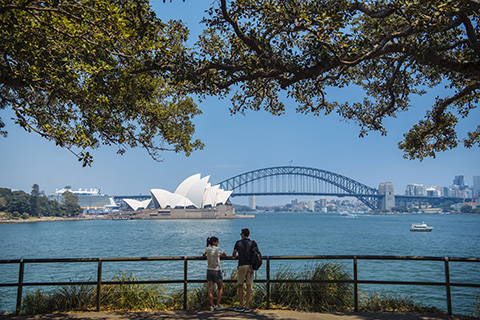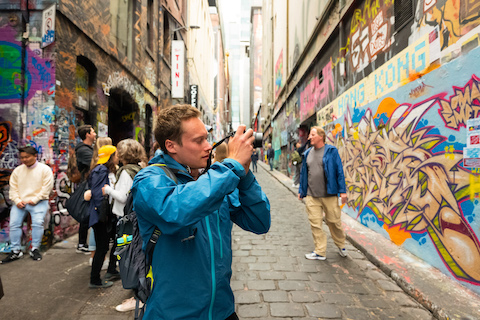Sustainability at YHA
YHA was founded on a desire to support the exploration of our planet with minimal ecological impact. Not only have we led the way for over a decade in embracing sustainable travel through our sustainability program; we also aim to be leaders in regenerative travel for the future. Whether you're donating directly to our Sustainable Properties Fund, staying at one of our dedicated eco properties or simply choosing YHA over a hotel, you're making a difference and investing in a not-for-profit organisation with sustainability woven into its very fabric.
What we do
Our sustainability projects
Saving energy & water
Recycling & waste minimisation
Certified properties
YHA Apollo Bay Eco
YHA Grampians Eco
YHA Sydney Harbour
YHA Brisbane City
Sustainability at YHA properties
YHA Pittwater Eco
YHA Byron Bay
YHA Fremantle Prison
YHA Alice Springs
YHA Cape Byron
YHA Cairns Central
YHA Port Elliot
YHA Stradbroke Island
YHA Sydney Central
How you can help
Sustainable Properties Fund
Responsible Travel
Sustainability Stories | YHA Sydney Harbour
Sustainability Stories | YHA Pittwater Eco
Projects funded by the Sustainable Properties Fund
*This property is no longer in the YHA network.
Learn how you can be a better traveller
How to reduce your transportation footprint while travelling Australia
6 ways to be a better traveller in 2024
7 Aussie travel experiences that help protect the planet
How to make a positive impact on local communities while you travel
Eco-friendly travel guide to seeing Australia's icons
7 tips for ethical travel photography
10 great ways to be a more responsible traveller
YHA Australia is a member of Hostelling International (HI) – the world’s largest network of hostels. HI, along with YHA Australia, is dedicated to promoting sustainable tourism practices, governed by the HI Sustainability Charter, implemented at both a grassroots and global scale.

